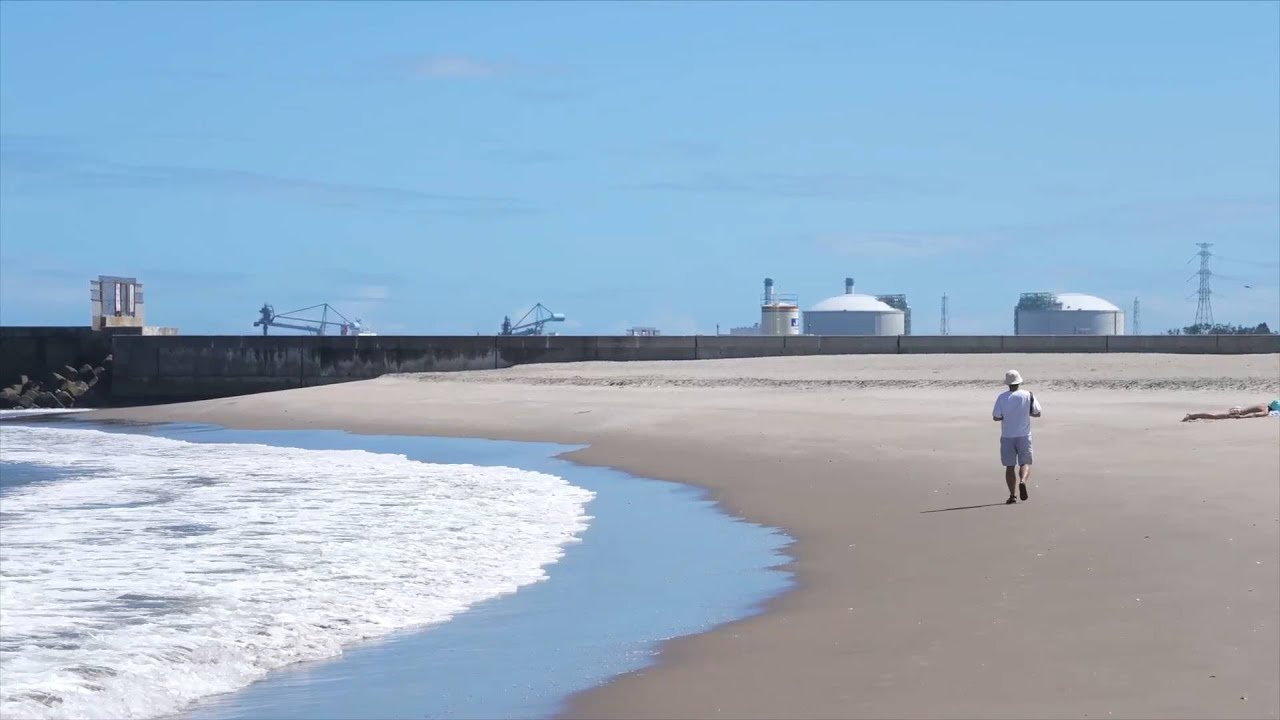“If people eat this kind of contaminated food, it will affect the health of millions and millions of people, for many, many years.” Observers say Japan’s discharging of nuclear-contaminated water into the ocean may pose long-term threats to human health and the marine environment.



How would vapor release have been better? That just sounds like choosing to release it into the atmospheric global commons instead of the oceanic global commons, so people would make the same complaints. Is there any data showing expected radiation dispersal in the air vs the ocean?
I wish I could find a detailed study on this but I’m not having much luck unfortunately. Based on my knowledge of undergraduate physics and chemistry though, I think it goes something like this:
Tritium is an isotope of hydrogen. Water is H2O and the tritium here occupies some of those hydrogen atoms. This is why it can’t be filtered out, because you’re trying to separate water from slightly different but basically chemically identical water. If conducted properly, both options for diluting and releasing this stuff is quite safe.
But let’s say some untreated waste water gets released. The water that has all kinds of unpleasant isotopes and toxic heavy metals. If that gets dumped into the ocean, it enters the food chain and gets carried around by ocean currents and ends up everywhere. Water vapor is different through because the tritium is chemically part of the water. Caesium, iodine, lanthanum, whatever the fuck else, isn’t part of the water, it’s dissolved in the water, and when you vaporize water, the other elements don’t go with it (this is how distillation works). Highly toxic, really bad stuff, even if it was thrown into the air in a plume of steam or something, will tend settle out or get rained out near the source because it’s, y’know, heavy. Furthermore, vaporizing water takes more time and energy than just dumping it in the ocean, so even in some catastrophic failure scenario the rate of release of the worst contaminants would probably be much, much slower with the vapor option meaning less damage done before the problem is detected and fixed.
China and Russia recommended the vapor release option, which seems to suggest that the tritiated water isn’t their main concern, it ends up on their coasts regardless. I think that also is strong evidence that any articles or editorials focusing on tritium are sensationalist nonsense because if the tritium was the issue, China and Russia wouldn’t have wanted a vapor release solution either.
I think another part of their concern with different isotopes was the source of the tests. The company responsible for testing is also the owner of the power plant. As shown so many times in the past, we can always fall back on our trust in parties with a conflict of capital interest.
Bingo. The IAEA can monitor things all they want, but a big part of the plan still involves taking TEPCO and the Japanese NRA at their word because they’re the ones that actually implement the plan.
It’s probably going to be fine, but even if it is, “I’m doing what I want, just trust me bro” isn’t how a reasonable government conducts relations with it’s neighbors. Even if they are right and even if they do already have the best plan (extremely debatable), cooperation, education, and building consensus should still be the next step, not unilaterally making decisions that piss off hundreds of millions of people without addressing their concerns.
This is quite enlightening, thank you!
Again, I just enjoy physics and nuclear energy though so don’t quote me on any of this, haha.
I figured out a better search engine term for the topic and found some info on it. Seems to all check out.
Can you share what you found, either here or DM? I’d like to know more. I’d especially like to know how this stacks up to Three Mile Island where I believe they opted for some kind of similar vapor release solution, but Google tends to confuse with the accidental contaminated steam/radioactive gas release during the disaster event itself.